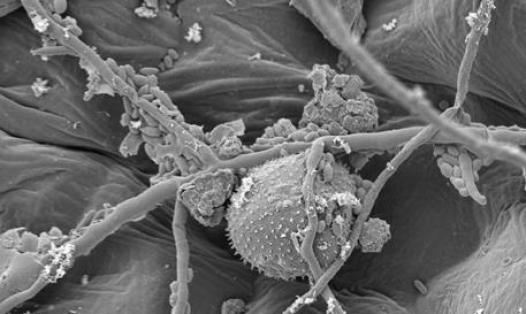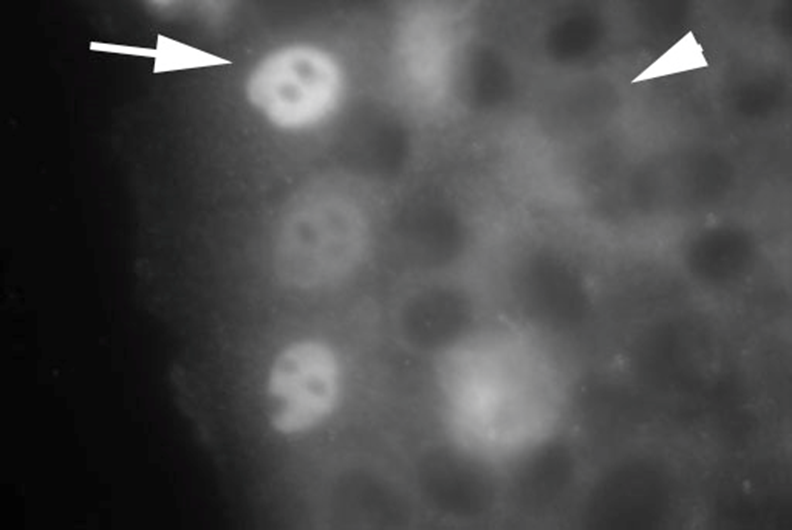
Synthetic community [SynCom] transfer for the...

Metastasis is the primary cause of cancer related deaths. Crucially, any potential treatment of metastasis, which may target increased migration, needs to take into account that cancer cell migration is plastic, i.e. that cancer cells can easily switch between a mesenchymal and a contractility driven amoeboid migration mode. The latter mode can be induced by confining cells. However, it is not known how cancer cells can actively switch between these two modes. In this project, you will explore a novel mechanosensor that may act as a physiological switch between mesenchymal and amoeboid 3D cancer cell migration.